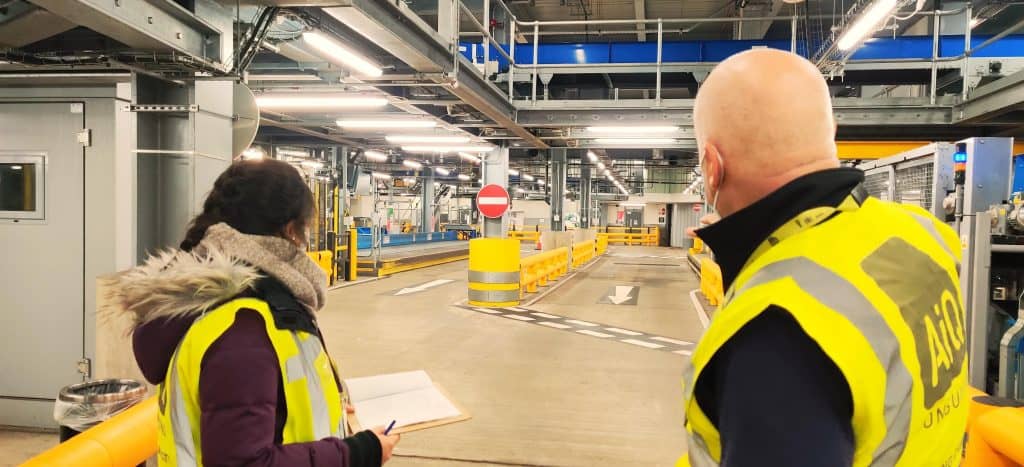 Airport’s recovery is now finally underway and AiQ are fortunate to be supporting several UK and International airports. From everyday operational requirements to strategic planning projects, this summer our team are helping airports on the path to a successful recovery. Read More »
Airport’s recovery is now finally underway and AiQ are fortunate to be supporting several UK and International airports. From everyday operational requirements to strategic planning projects, this summer our team are helping airports on the path to a successful recovery. Read More »
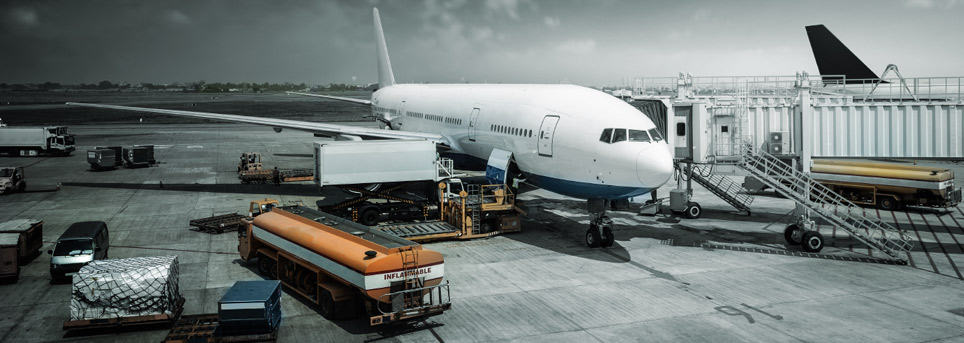
Topic: Regional Airport
Airport Planning Service for UK Regional Airport Recovery

The AiQ team are offering UK Regional Airports a better, cheaper, faster, scalable and more flexible planning service than traditional in-house planning. From your daily flight schedules, we can run multiple scenarios to assist you to efficiently manage your resources, whilst maintaining your required level of service across passengers, baggage, transfer systems and apron services
Request our UK Regional Airport Capability Presentation by completing the form below and discover how our expert team can help your complex planning challenges caused by COVID-19.
Airport Recovery 2020 for EU Regional Airports: Impact Case Study Analysis of COVID-19

Airport recovery post COVID-19 is enveloped in uncertainty. As highlighted by The International Civil Aviation Organisation (ICAO) in figure 1, the trajectory of recovery is unpredictable and can take any course. In response to the unstable nature of recovery, airlines are employing over-optimistic scheduling and then withdrawals, leading to multiple revised ‘Actual Schedules’. For airports, amongst other factors, this high degree of uncertainty can especially have a significant impact on operational resource planning, such as infrastructure and staff, which in turn can impact capital planning.
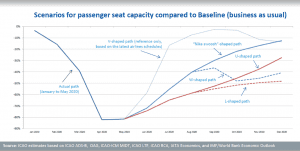
What does this mean for European regional Airports?
How does AiQ Consulting work with architects and airports throughout the RIBA Plan of Work?
 Our experienced team of consultants, engineers, physicists and mathematicians work with architects throughout the many stages of conception, masterplanning, planning, design, construction and day-to-day operations when it comes to designing for airports.
Our experienced team of consultants, engineers, physicists and mathematicians work with architects throughout the many stages of conception, masterplanning, planning, design, construction and day-to-day operations when it comes to designing for airports.
Known as the RIBA Plan of Work, it’s the standard structure in which a project goes from client briefing and inception through to when the building is in use and the feedback stage. We employ different techniques at different times in order to work with architects, airports and contractors successfully, and have done so for many airports worldwide. Read More »
How can you find capacity in constrained and saturated airports?

Adrian Todd, our CEO, explores how the team at AiQ Consulting uses technology, simulations and thinking holistically to create smart airports and realise capacity worldwide.
Airports become constrained in one or two or all three areas – runway, stands and terminal – because the nature of the industry is to expand to use every available space. Even if you solve your capacity problems today, in a few years you will find yourself in a similar position. So how can you find, and keep finding, capacity in your airport?
How does AiQ Consulting create capacity in constrained and saturated airports? Read More »
What are constrained and saturated airports, and how can you increase airport capacity?

Constrained and saturated airports are becoming increasingly common. Rising demand for air travel, larger aircraft, as well as restrictions for airport building and a lack of available space can create complex airport capacity challenges.
Adrian Todd, CEO of AiQ Consulting explains the challenges facing constrained and saturated airports worldwide and how AiQ helps airports realise their capacity. Read More »
Effective Asset Replacement for Airports
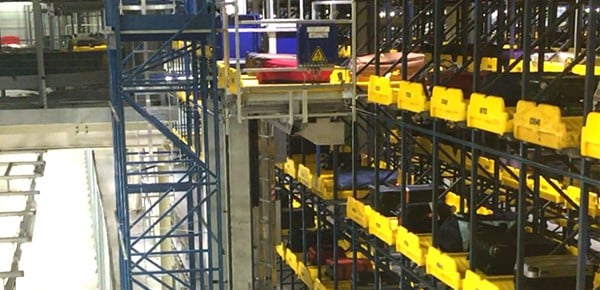
Asset replacement is an essential and continuous task for airports to remain secure and efficient. Hold Baggage Screening (HBS) replacement has been driven by new security standards with ECAC Standard 3 requiring much of the existing screening equipment to be replaced. An increase in demand for Early Bags Storage (EBS) may force the requirement to upgrade for increased efficiency and capacity. Whilst adopting new technologies for check-in and baggage systems have created the need to replace older equipment and updated processes. Read More »
CUTE and CUSS – How does Common Use Equipment Give Airport Operators More Flexibility?

CUTE (Common Use Terminal Equipment) and CUSS (Common Use Self Service) are priorities for the aviation industry, as airlines and airports invest in sharing assets that create more efficiencies for passengers and operators alike. What exactly are CUTE and CUSS, and how can they create efficiencies?
What are CUTE and CUSS? Read More »
Passenger Experience – Why is it Important for Airports?
 With record-breaking passenger numbers moving through airports and high expectations from today’s passengers, their journey experience is a very important development area for AiQ Consulting’s work with airports throughout the world.
With record-breaking passenger numbers moving through airports and high expectations from today’s passengers, their journey experience is a very important development area for AiQ Consulting’s work with airports throughout the world.
As global experts in constrained and saturated airports, we place immense focus on passenger experience in airports. When we approach operational efficiency and capacity planning, we do so with not only a scientific approach to big data and innovation, but also a strong emphasis on the passenger journey.
IATA Standards
Our approach to Big Data and what it means for your airport

AiQ finds the most effective methodology to solve problems in the quick-moving and reactive Aviation industry, particularly around Operations, Resilience, Future Demand and Capacity. We model or simulate at the level of detail that Big Data can support, and aim to provide appropriate analysis and forecasts based on realistic assumptions and processes.
Our method
Real Time VR successfully tested at AiQ
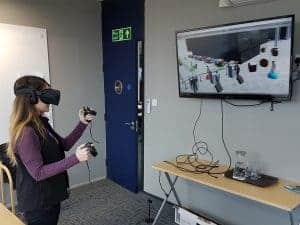
AiQ are global experts in creating capacity and operational efficiency, solving complex problems and introducing new technologies. We have currently been developing Real Time Virtual Reality to offer significant benefits to clients and stakeholders, taking the decision-making process to the next level.
We will soon be able to offer clients the ability to become a passenger and follow the check-in processes, using the self-service kiosk and bag drop system as it is proposed to be!
As specialists in constrained and saturated airports worldwide, this innovation will allow the airports we work with to not only understand the impact of decisions and new technology, but also to communicate this with their stakeholders, staff and suppliers with ease.
The ability of the tool to engage the user as a passenger helps them understand the efficiency of the layout and way finding, enhancing passenger flow. It also gives clients the opportunity to understand the spatial offering to passengers for new airports and terminals in concept development, as well as other areas of infrastructure development in existing airports.
Last week the AiQ team were able to walk around a simulation of Terminal 3 Heathrow, based on future self-service check-in arrangements with passengers from a busy day in summer 2017. This test was a simulation based on a recent project we have completed for Heathrow.
The next step is for our clients to be immersed into the Real Time outcomes of decisions regarding their new investments in check-in, baggage and processes throughout their terminals, as if they themselves were the passenger.
If you want to innovate your future airport, AiQ can help you understand different approaches with the use of this innovative technology. Contact us today to talk about the impact of Real Time VR on your airport.
How new technology is creating smart airports – Part two
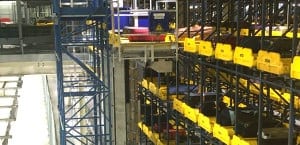
AiQ has worked closely to implement new technology at airports worldwide. There is a lot for airports, operators and airlines to understand and implement to be able to innovate and introduce future airports that enhance the passenger experience.
The second part of our two-part blog looks at more new technology that can be expected over the next few years in the aviation industry.
The Internet of Things Read More »
